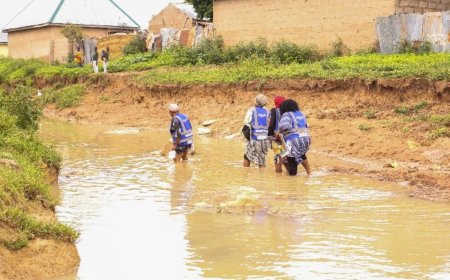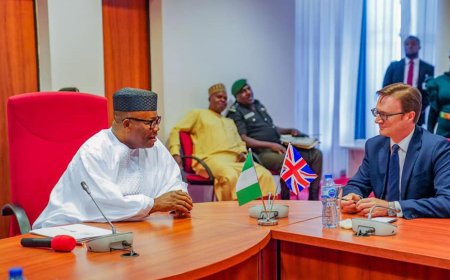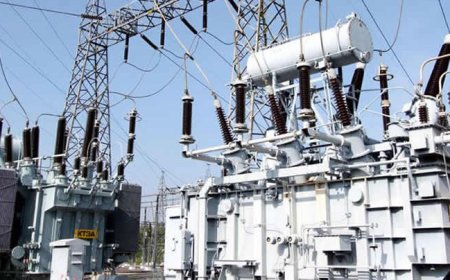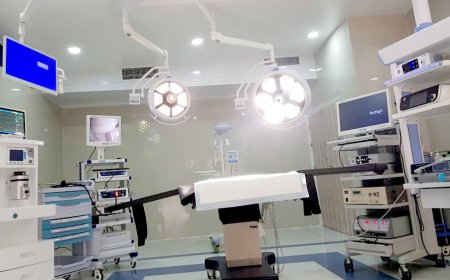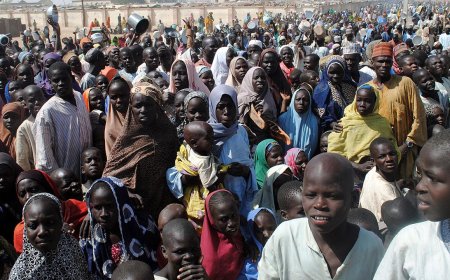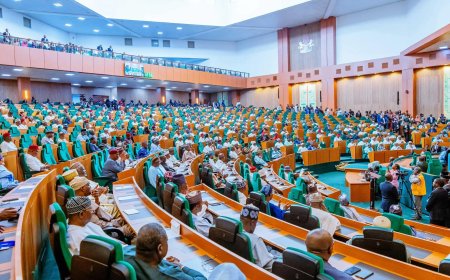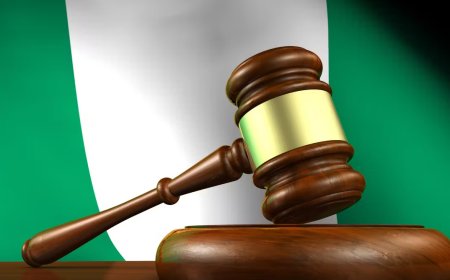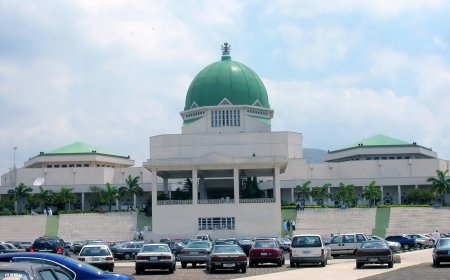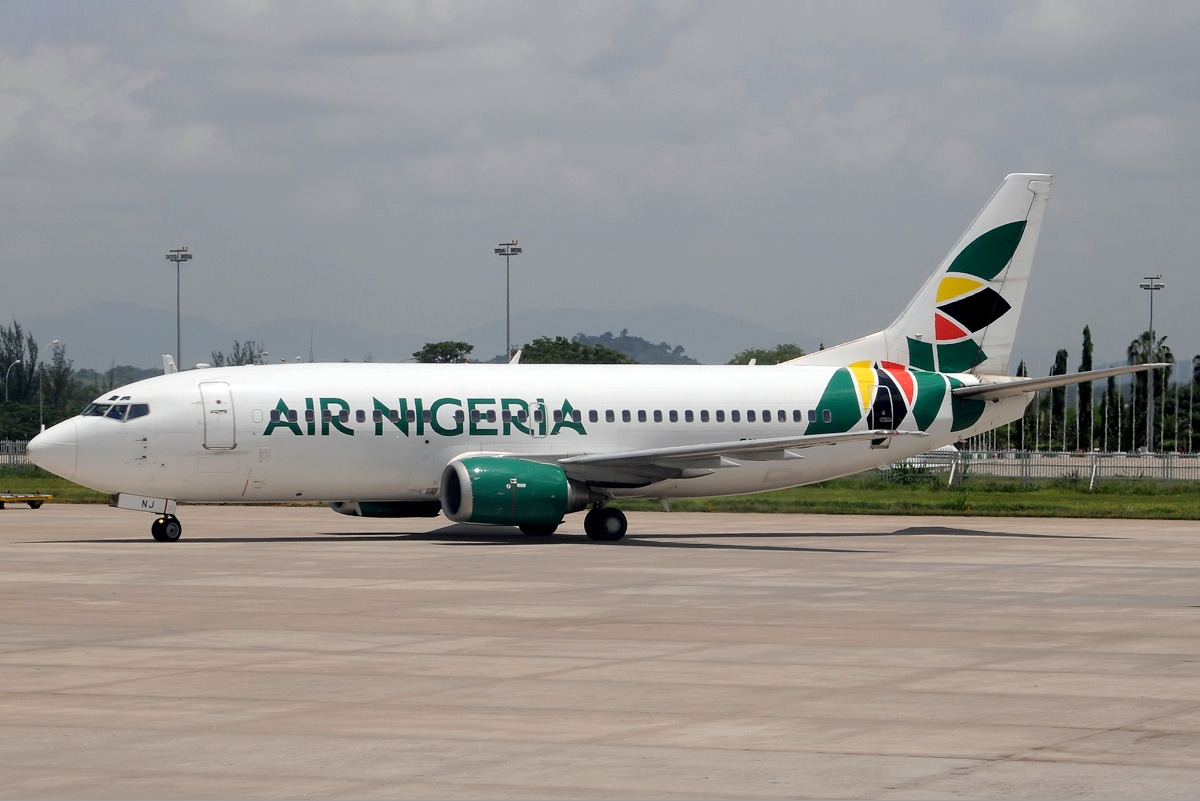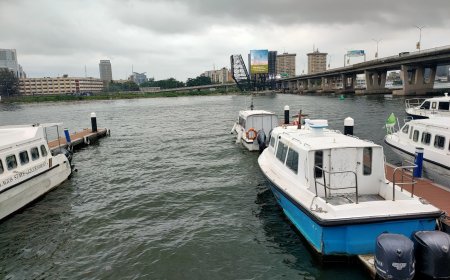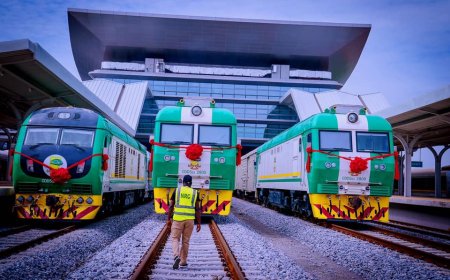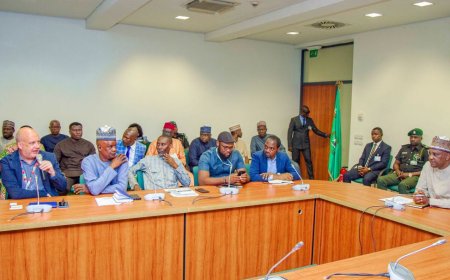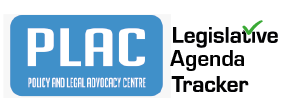Pursuit of rapid Infrastructure Provision and Development
Click here to track progress
Nigeria has lagged behind its rising population in infrastructural development. With a population approximating the quarter of a billion, Nigeria’s infrastructural development is deficient. The challenges of electricity and power supply, poor road networks and undeveloped rail transportation system, poor aviation services, as well as the decaying seaport system, the country has a long way to go to meet what is required for a modern day nation. The 10th Senate will take various legislative steps to address the articulated problems
i. The Power Sector
Power is key to any development in the country. Nigeria presently utilizes under 4,000 megawatts of power. This is grossly inadequate for a country of the size of Nigeria or for any country seeking high technological attainments. Power and energy are the engine for growth. Industries, businesses and private homes are seriously affected and impacted on by inadequate power supply in the country. The 10th Senate will take specific action to begin to address this problem.
a. Review and strengthen existing legal frameworks, including the Electric Power Sector Reform Act (EPSRA) and the
Nigerian Electricity Regulatory Commission (NERC), to reflect current realities.
b. Prioritise investments in the transmission and distribution infrastructure to reduce technical and non- technical losses.
c. Decentralise energy production by promoting off-grid solutions, especially in rural areas where grid connectivity is challenging.
d. Scrutinise the current electricity tariff system in the country, to ensure fairness and equity.
e. Adopt legislative measures to promote renewable energy through tax incentives, grants, etc., for investments in renewable energy sources such as solar, wind and hydro.
f. Mandate regular and transparent audits of all entities in the energy sector to curb corruption.
ii. The Road Transportation
Nigeria’s road transportation system will need to be well plotted and charted to deliver on mobility and creating access for businesses and citizens’ movements. At the present time, the road network has not been plotted to achieve ease of movement or promote business. To this end, the Senate will take the following actions:
a. Support the finalisation of a comprehensive National Transport Policy that outlines the vision, goals, and
strategies for developing the sector in line with current realities.
b. Increase budgetary allocations for construction of new roads connecting States, maintenance of existing ones and
upgrading their status
c. Encourage reduction on tariffs and import duties on buses for mass transportation.
d. Prioritise the development of transport networks in rural areas to ensure they are connected to urban centres,
promoting economic activities and integration.
iii. The Rail System
Across the world, railways and trains have been developed to provide easy, speedy and effective mode of moving persons and goods. The establishment of a well-improved rail system will boost development
and productivity in Nigeria. To support the actualization of this, the
Senate will:
a. Take legislative action to support the development of a modern system of rail transportation in Nigeria that achieves nationwide coverage.
b. Utilise the power of oversight to curtail ticket racketeering and encourage the adoption of digital ticketing platforms.
iv. Inland Waterways and Ports
The potential of the National Inland Waterways Authority remains untapped. Efforts will be made to identify and fully mobilise them for national development as follows:
a. Strengthen the National Inland Waterways Authority (NIWA) by revising its enabling act, ensuring it has the mandate and resources to efficiently oversee and develop
inland waterways.
b. Allocate significant funds specifically for modernising, developing, maintaining, and upgrading ports and inland waterway infrastructure, including jetties, docks, berths, and terminals.
c. Encourage Public-Private Partnerships to support port operations and for the development of waterway infrastructure and operations. Offer tax incentives or breaks to private entities investing in the inland waterways sector.
d. Revise and strengthen the Nigerian Ports Authority (NPA) Act, ensuring it has a clear mandate, authority, and resources to efficiently manage and develop the ports.
e. Conduct oversight and ensure the implementation of strict regulations to reduce bureaucracy and streamline port
operations.
v. Aviation
The aviation is critical for fostering economic growth, enhancing connectivity, and promoting tourism. Reforming and strengthening the aviation sector requires a multifaceted approach to address the regulatory environment and operational challenges. To this end, the Senate will:
a. Appropriate sufficient funds for upgrading and expanding airport infrastructure, including runways, terminals, and air
traffic control facilities.
b. Adopt legislative measures to encourage private sector participation through Public-Private Partnerships (PPPs) for airport development and management.
c. Interface with the Executive on entering “Open Skies” agreements with strategic countries to promote competition, reduce airfares, and improve connectivity.
d. Enact stringent regulations to protect passengers’ rights concerning flight delays, cancellations, lost baggage, and
other grievances. We will also strengthen the Nigeria Civil Aviation Authority (NCAA) to perform its statutory
responsibilities better.
e. Collaborate with the Executive on tax reforms focusing on providing tax breaks, grants, or subsidised loans to airlines
and other aviation businesses facing financial challenges.
f. Support the provision of support mechanisms for domestic airlines to thrive, such as subsidised aviation fuel or tax
breaks.
g. Mandate regular safety audits and assessments of airlines and airports and improve funding and training for aviation
security personnel and equipment.
